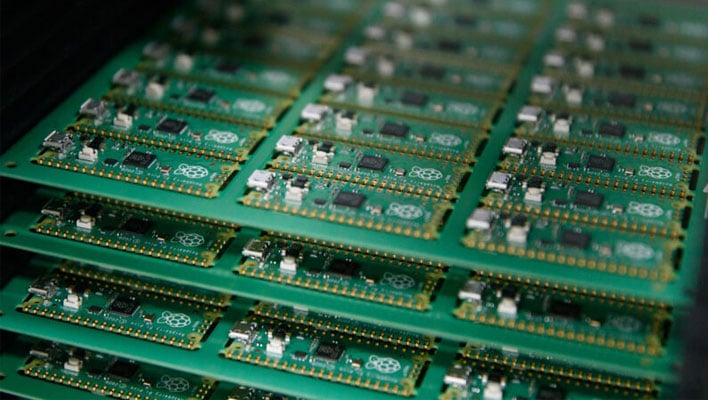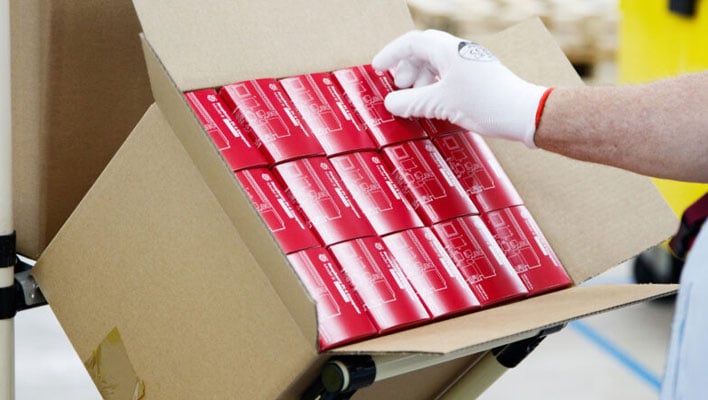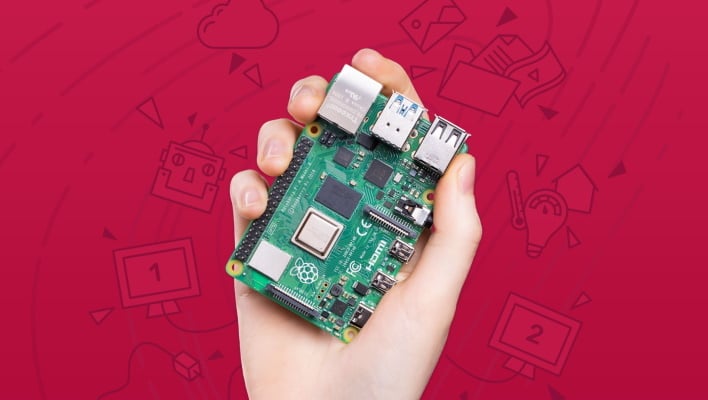Raspberry Pi Foundation Offers Update On 'Supply Chain Hell' And It's Mostly Positive

It's been mostly sour grapes for modders and tinkerers who have been on the hunt for a Raspberry Pi single-board computer (SBC) module, which has suffered "substantial order backlogs" while the Raspberry Pi Foundation navigates through "semiconductor supply chain hell." Will things ever get better? It's sure looking that way, with the Raspberry Pi Foundation offering up the first real (mostly) positive update in a couple of years.
Straight to the point, the organization said it foresees 2023 being a much better year than 2022, in terms of product supply and availability.
"For a variety of reasons, we leave 2022 with much better visibility of our future silicon supply chain than we entered with. As a result, we can say with confidence that, after a lean first quarter, we expect supply to recover to pre-pandemic levels in the second quarter of 2023, and to be unlimited in the second half of the year," the Raspberry Pi Foundation stated in a blog post.

That essentially means you'll actually be able to buy a Raspberry Pi in the first half of next year, if the organization's confident forecast bears fruit (Raspberries, specifically). For those who can't wait, you might get lucky this holiday season—Raspberry Pi Foundation said it's been able to set aside more than 100,000 SBCs spanning the Raspberry Zero W (presumably including the Raspberry Pi Zero 2 W), the tiny but mighty Raspberry Pi 3 Model A+, and both the 4GB and 2GB variants of the Raspberry Pi 4.
Those stockpiled units are already finding their way to the organization's list of approved resellers, so you might find one in your Christmas stocking this year (or be able to get your hands on one for someone else's stocking). Related, the Raspberry Pi Foundation doubled-down on its advice to "always buy from an approved reseller," in part because they're contracted to sell units for no more than the recommended retail price (so no price gouging).
Looking ahead, the organization says it's likely you'll see Raspberry Pi Zero an Zero W units become generally available first, followed by products like the Raspberry Pi 3 Model A+ and eventually the Raspberry Pi 4. So there's your good news.
The update wasn't all peaches and cream, though. Costs for practically every component that goes into a Raspberry Pi board have gone up. That includes things like the printed circuit board itself, the actual silicon, and even the connectors.

For the most part, the Raspberry Pi Foundation says it's been able to absorb those cost increases while simply making less profit on each unit it sells. However, it can't maintain the current pricing structuring, so some boards are going up in price.
"Our original Raspberry Pi Zero products have always had very low margins, and after the recent cost increases they are no longer commercially viable at their original price points—if we kept to the old price we’d be making a loss on every single Zero we sell. We have therefore reluctantly decided to increase the price of Zero from $5 to $10, and Zero W from $10 to $15," the Raspberry Pi Foundation said.
The silver lining is that once the Raspberry Pi Zero products return to shipping in volume next year, it's expected that there will no longer be a cap on how many units a person can buy. So start making a list of all those Raspberry Pi mods you've been wanting to complete.

